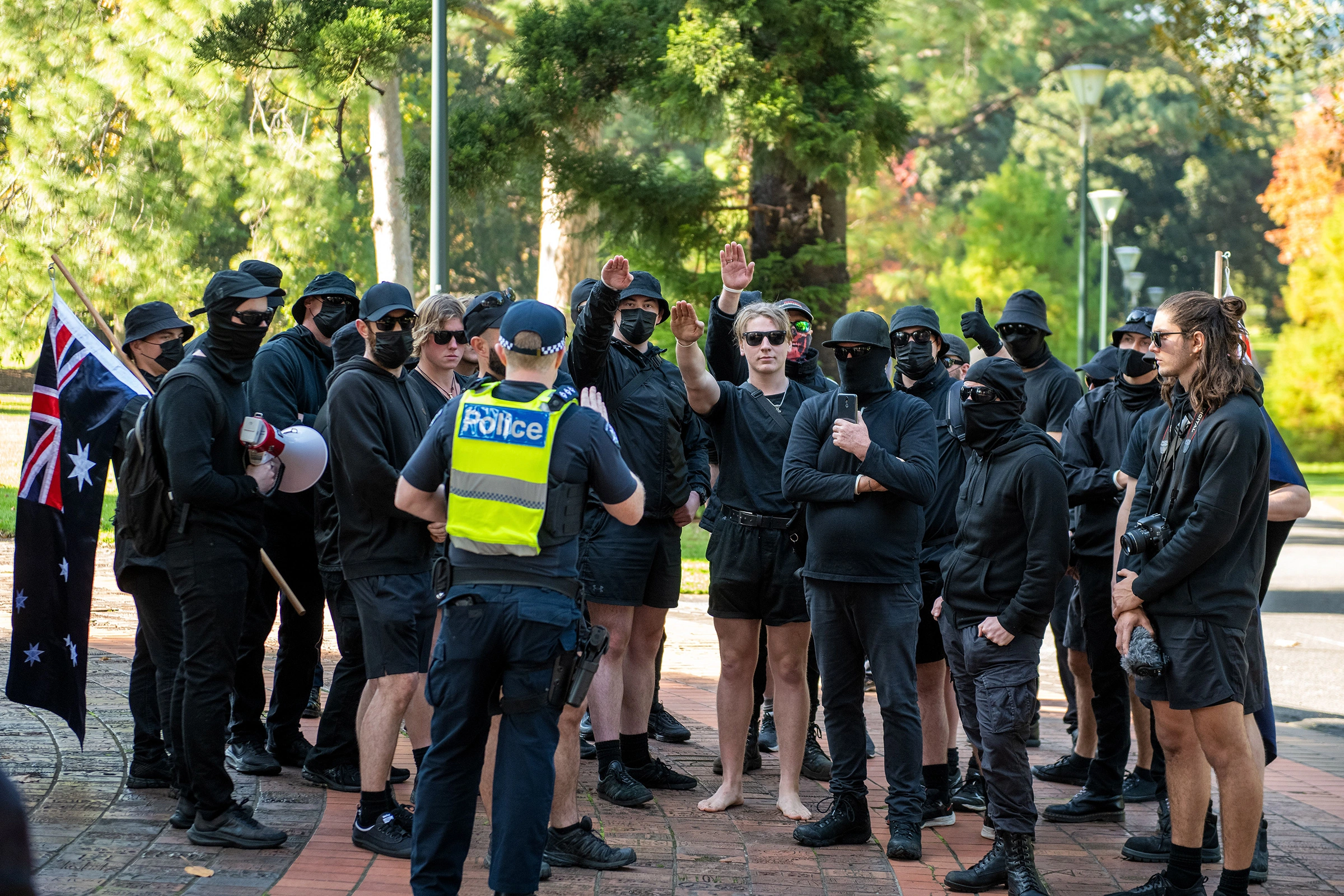By: Yichi Lin
Following the introduction of bills banning Nazi ideology in several Australian states, the federal government will send a similar one to the federal parliament this week. The change was officially announced by Attorney General Mark Dreyfus on Wednesday, June 5th.
This ban, also known as the Counter-Terrorism Legislation Amendment outlaws the Nazi version of the swastika and the symbol of the Schutzstaffel (SS). These symbols will not be allowed in trading or public display, including on t-shirts, armbands, and flags. If this bill becomes a law, violators could serve up to 1 year in prison as a penalty.
The origin of this amendment could trace back to an active movement for civil rights that has been going on for over six years, led by groups like the Anti-Defamation Commission. Movement leaders have called for legislative action against those who don’t respect basic human rights.
Dr Dvir Abramovich, the chair of the Anti-Defamation Commission, stated “Bravo to the Attorney-General and the federal government for taking the high moral ground in declaring that Australia will never provide a haven for the ultimate emblems of inhumanity.”
In the years prior to this announcement, there has been a rise in the amount of people joining extremist far-right groups. These groups have also caused trouble as they have protested with increasing frequency since the start of the COVID-19 pandemic to this March, when a group of Neo-Nazis appeared at a rally in Melbourne, doing Nazi salutes on the steps of the Victoria Parliament.
Fascist ideologies were especially popular during the ’20s, ’30s, and ’40s. The most notorious example is Nazism, which was at its most powerful when Germany was under the rule of Adolf Hitler from 1933 to 1945. Antisemitic violence was common during this period, and a eugenics movement targeted undesired groups. People with “defects” were treated harshly or executed, causing what is known as the Holocaust.
Abramovich said that the proliferation of Neo-Nazi groups “tears a hole” in the hearts of Holocaust survivors. “I don’t think they imagined that in their lifetime, they would see the resurgence of neo-Nazism.”
He added that while this issue is far from being resolved, the bill is a step in the right direction.
Sources:
1. https://eb18600f7bb2916037f5ee8e636ce199.cdn.bubble.io/f1686442449045x890250257167424900/Federal%20government%20moves%20to%20ban%20hate%20symbols%20like%20Nazi%20swastika%20_%20KidsNews.pdf
2. https://www.bbc.com/news/world-australia-65840812
3. https://www.history.com/topics/world-war-ii/nazi-party











